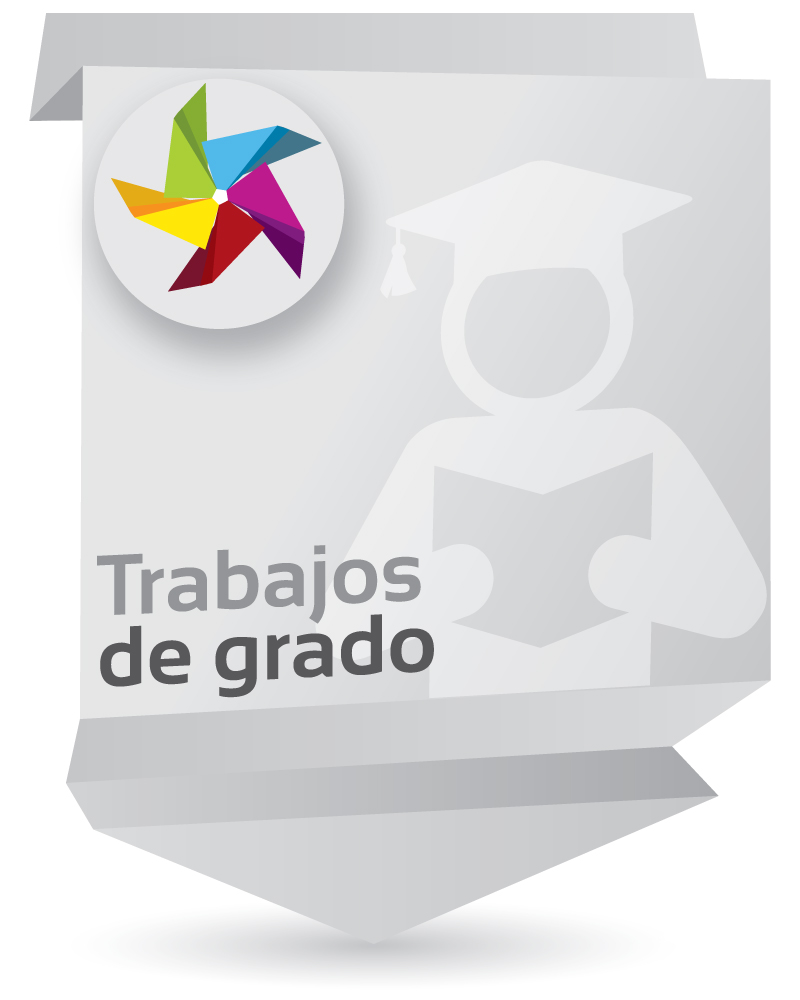Las rutinas de pensamiento como mediación para el fortalecimiento de las habilidades metacognitivas que usan los niños para la resolución de problemas : Habilidades metacognitivas y rutinas de pensamiento
Enlaces del Item
URI: http://hdl.handle.net/10818/47326Compartir
Estadísticas
Ver Estadísticas de usoMétricas
Catalogación bibliográfica
Mostrar el registro completo del ítemAutor/es
Salinas Tenorio, VivianaAsesor/es
Ruíz, Leidy CarolinaFecha
2021-03-24Resumen
El presente documento tuvo como propósito determinar cómo las rutinas de pensamiento influyen en el uso de las habilidades metacognitivas: planeación, monitoreo y evaluación en niños de 4 a 5 años para la resolución de problemas. Con la intención de reconocer la necesidad de repensar la práctica docente y las herramientas que se utilizan en el aula que permitan responder a las necesidades y particularidades de los niños en primera infancia de acuerdo con recientes investigaciones son grandes los beneficios que trae abordar los procesos metacognitivos desde los primeros años relacionados estos con el logro académico social y emocional. La población participante fueron siete niños de una institución pública en la ciudad de Bogotá del grado jardín. The purpose of this document was to determine how thinking routines influence the use of
metacognitive skills: planning, monitoring and evaluation in children aged 4 to 5 for problemsolving.
To recognize the need to rethink the teaching practice and the tools used in the
classroom in responding to the needs and particularities of children in early childhood.
According to recent research, the benefits that treat metacognitive processes from the first years
are excellent, related to academic achievement and social and emotional achievement. The
participating population were seven children from a public school in Bogota - Colombia, in
kindergarten grade.
A semi-structured observation instrument was redesigned and also validated. Then, it had used to
record and analyze activities through observation technique to show which and how children of
these ages use metacognitive skills with activities with and without thinking routines.
The results indicate that in activities without thinking routines, children use planning and
monitoring by selecting resources, defining strategies, controlling their performance and making
adjustments in the process. However, there is a lack of reflective processes. On the other hand,
the experiences mediated by thinking routines showed a relevant incidence in the strengthening
of these skills because they allow self-regulation in the way that children approach a task.
Besides, the interactions given in between children and adults was more significant.
Therefore, we concluded the need to favour metacognitive processes in early childhood using
thinking routines as a tool that helps to improve learning experiences.


















